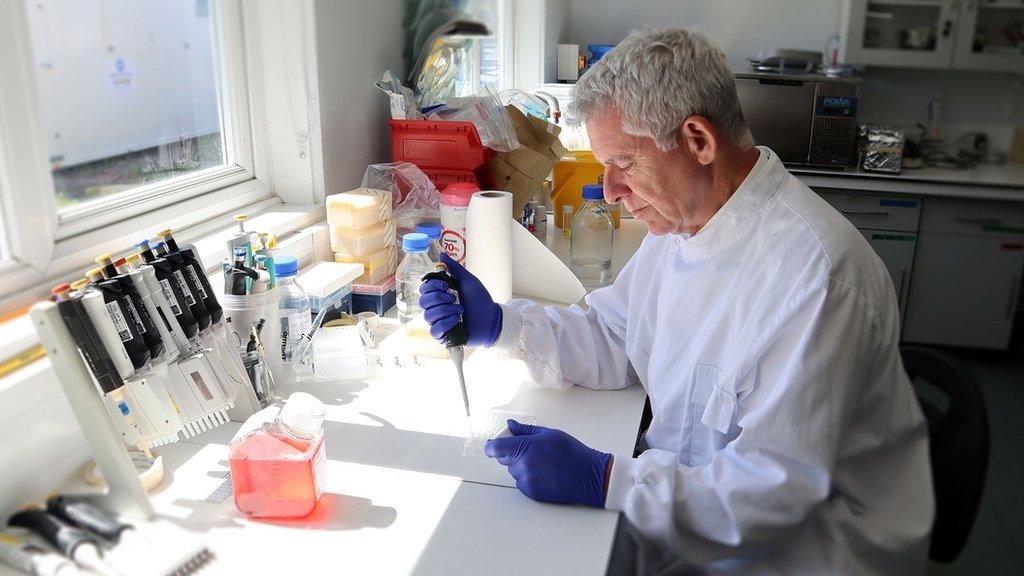Cornwall attraction uses net to keep bird flu from penguins
- Published
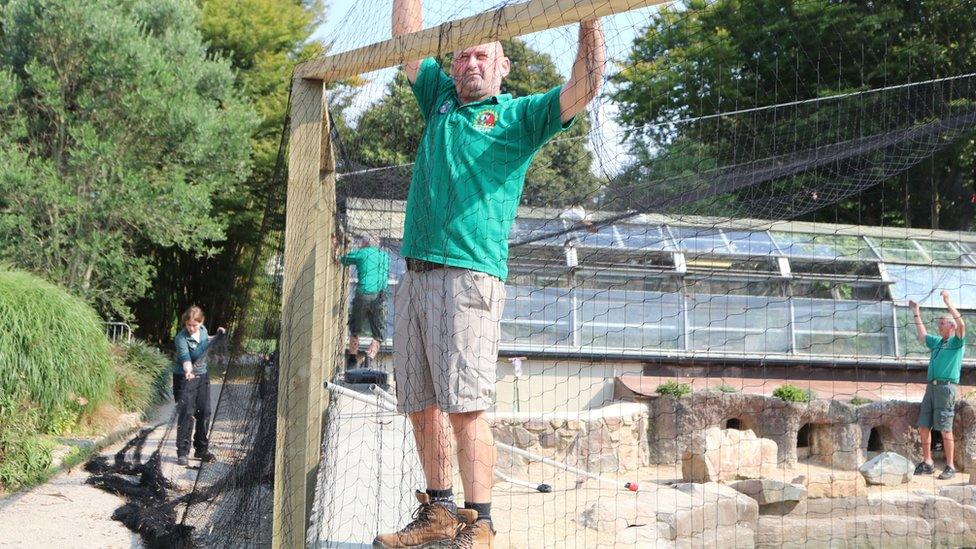
The netting is being used to try to protect penguins from wild birds which might be infected with bird flu
An animal park and visitor attraction in Cornwall is using a large net to protect its penguin enclosure and stop wild birds mixing with them.
Paradise Park, near Hayle, said it was taking the measures to stop the spread of avian flu on to the site, and gulls in particular landing in pools.
The move after comes after dead birds were found in the Hayle estuary, about 0.5 miles (800m) away, staff said.
The attraction houses about 1,200 birds across 130 species, they added.
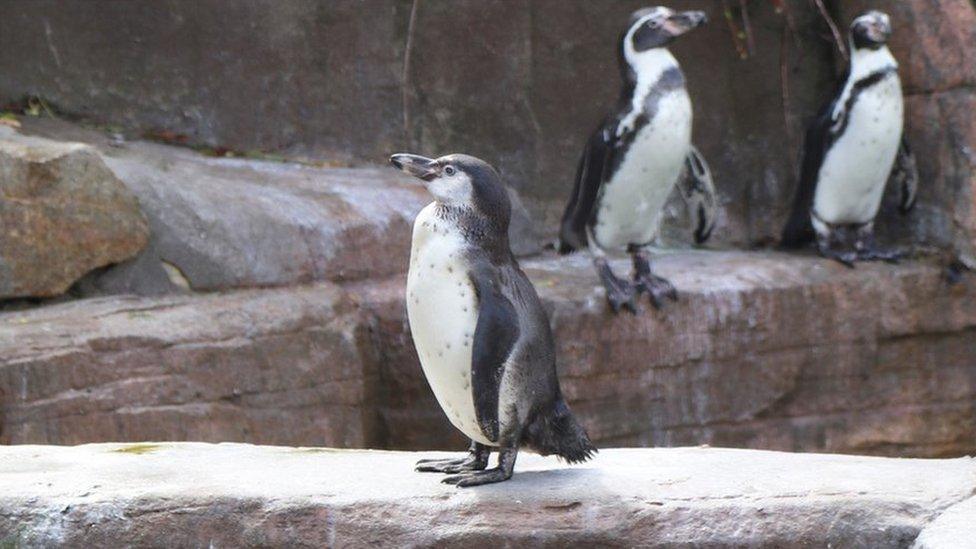
Pablo the penguin is one of the birds being protected
Curator David Woollcott said the net was done by "a fantastic team of builders who came in and did that free of charge".
"The seagulls can't gain access to the penguins, on the pond, or on land, or anywhere else," he said.
Other precautions include visitors having to walk-through small footbaths which contain disinfectant.
A walk-through element in one bird enclosure and a small tropical house were also closed, and flamingos had been moved to a covered enclosure not accessible to the public, staff said.
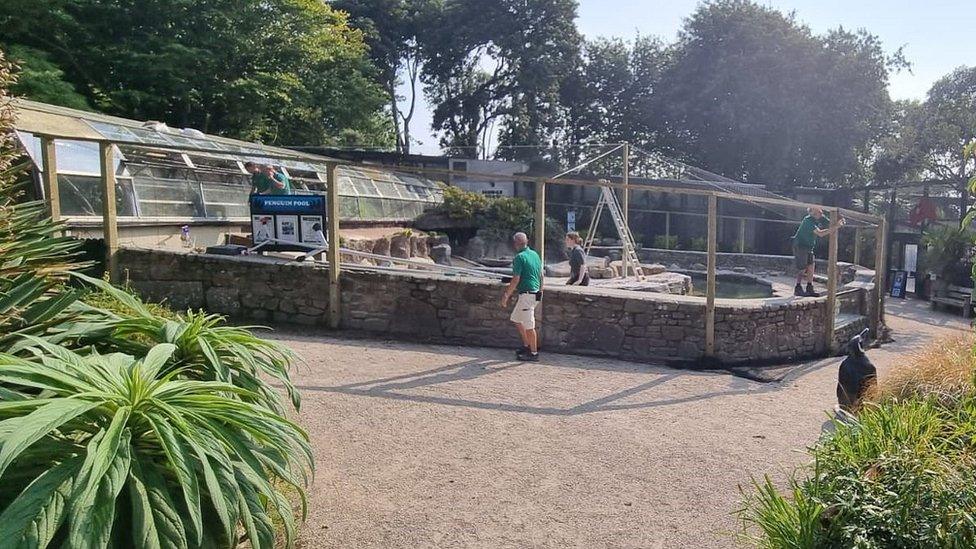
The netting goes over the entire penguin pool
All of Cornwall, plus the Isles of Scilly, all of Devon and parts of Somerset are under avian flu restrictions implemented by the Department for Environment, Food and Rural Affairs (Defra).
It follows confirmed outbreaks of bird flu in Cornwall and Devon last month.
One farmer says he might have to reclassify his eggs.
Ian Davey has 12,000 free range chickens on his farm near Trerulefoot, but he might not be able to sell his eggs as that if he has to change where his chickens roam.
He said: "Every day they have to go out because that is the legal requirement for free range hens.
"We could decide to keep them in and downgrade the eggs. We are thinking carefully about whether we do that."
Defra said the UK Health Security Agency advised "the risk to public health from the virus is very low".
The H5N1 strain of the avian influenza virus is highly contagious among birds, and spread by close contact with an infected bird, whether it is dead or alive.
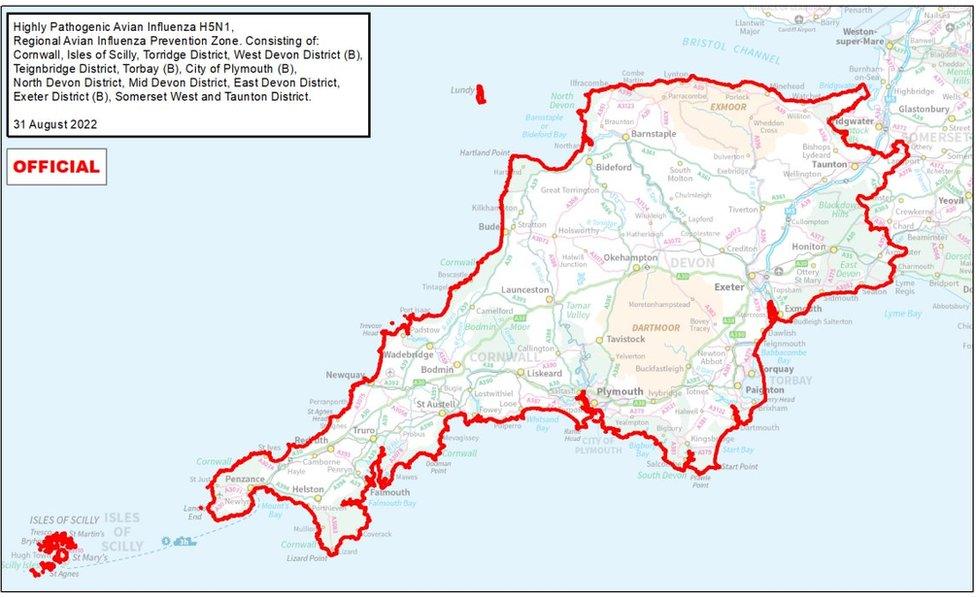
A bird flu prevention zone was set up after bird flu was detected in the South West

Follow BBC News South West on Twitter, external, Facebook, external and Instagram, external. Send your story ideas to spotlight@bbc.co.uk.
- Published30 August 2022
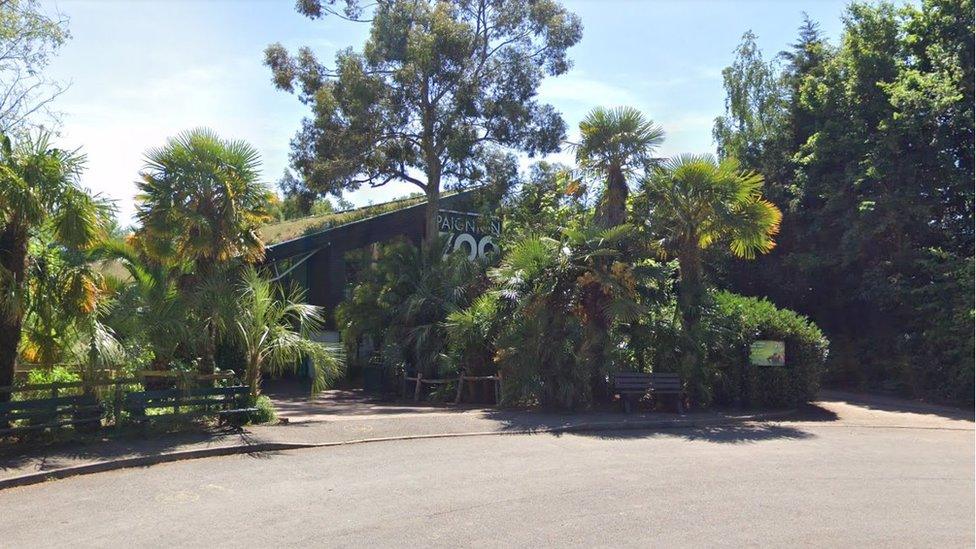
- Published30 August 2022
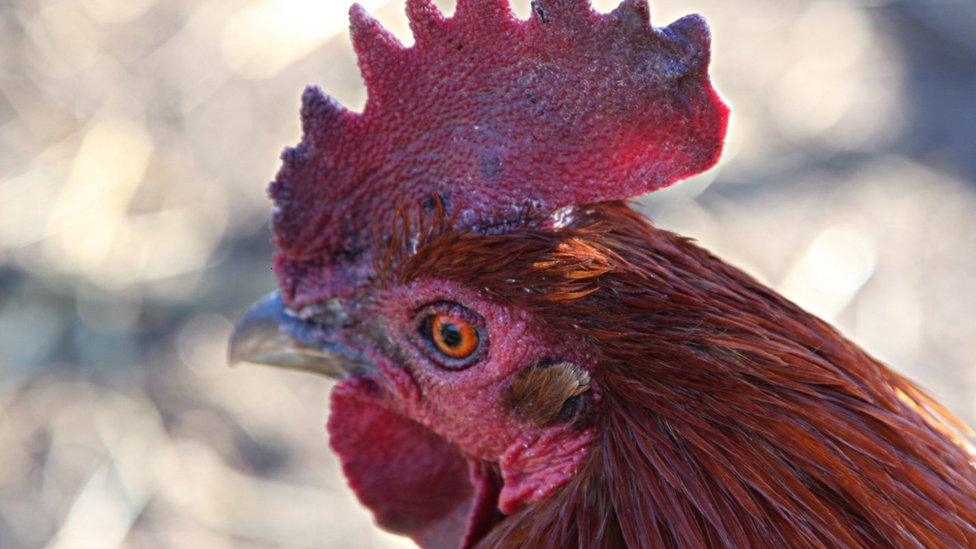
- Published24 August 2022
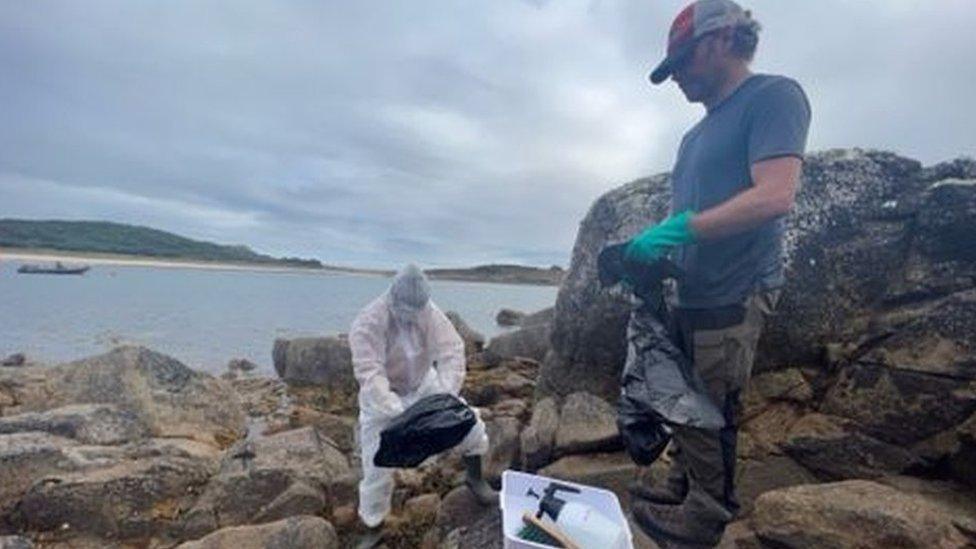
- Published19 August 2022
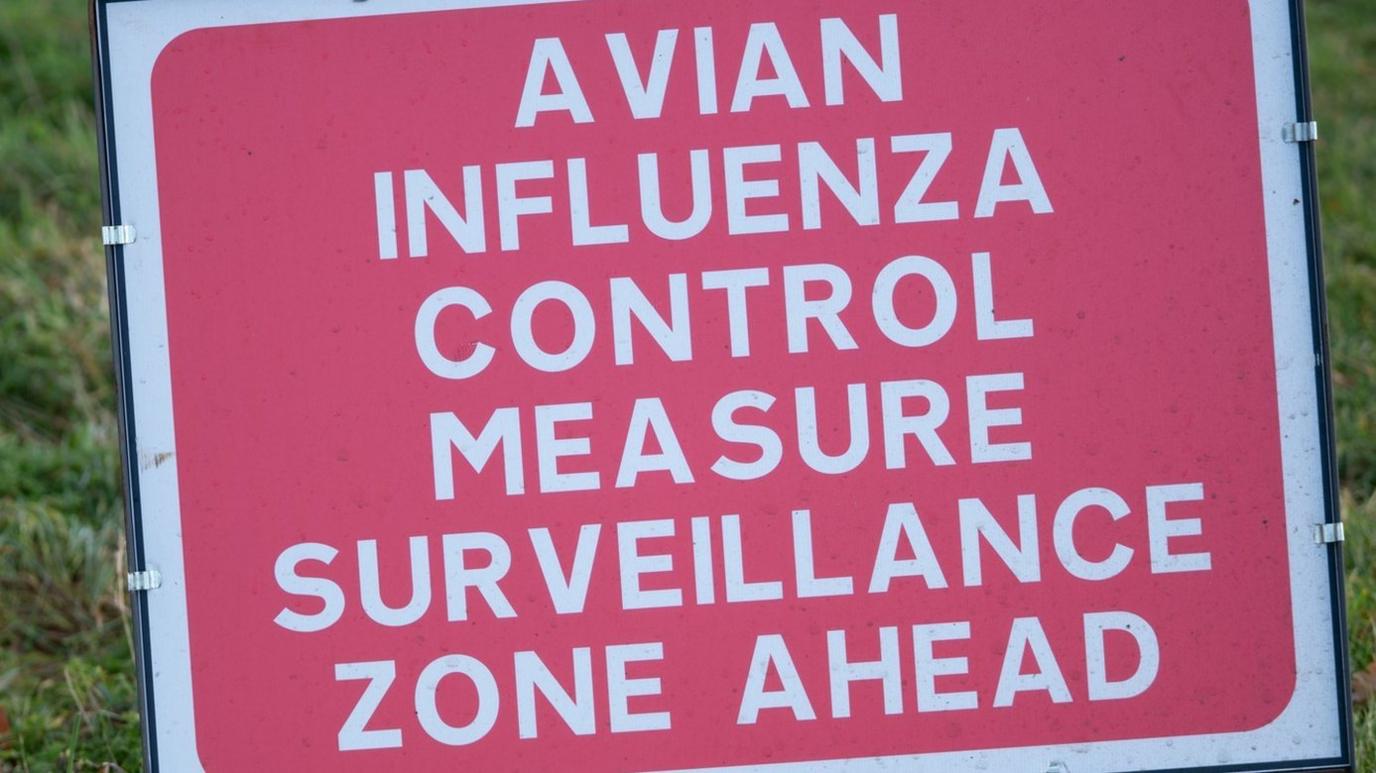
- Published22 August 2022
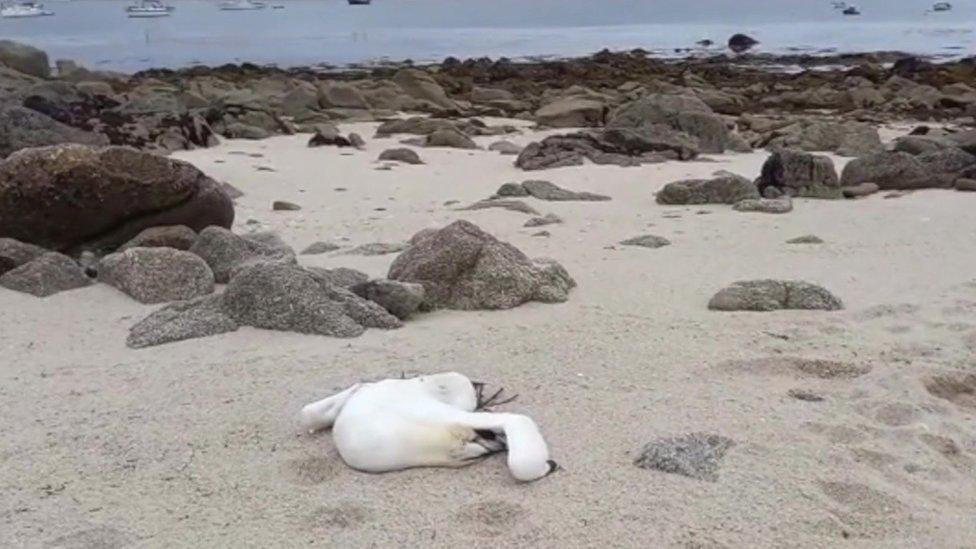
- Published20 June 2022
